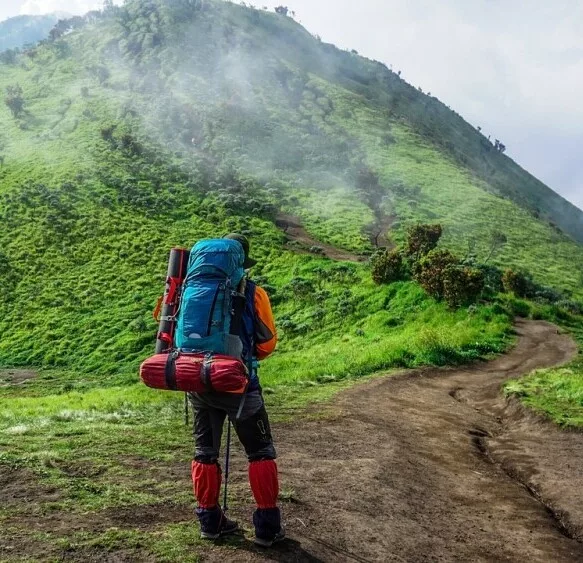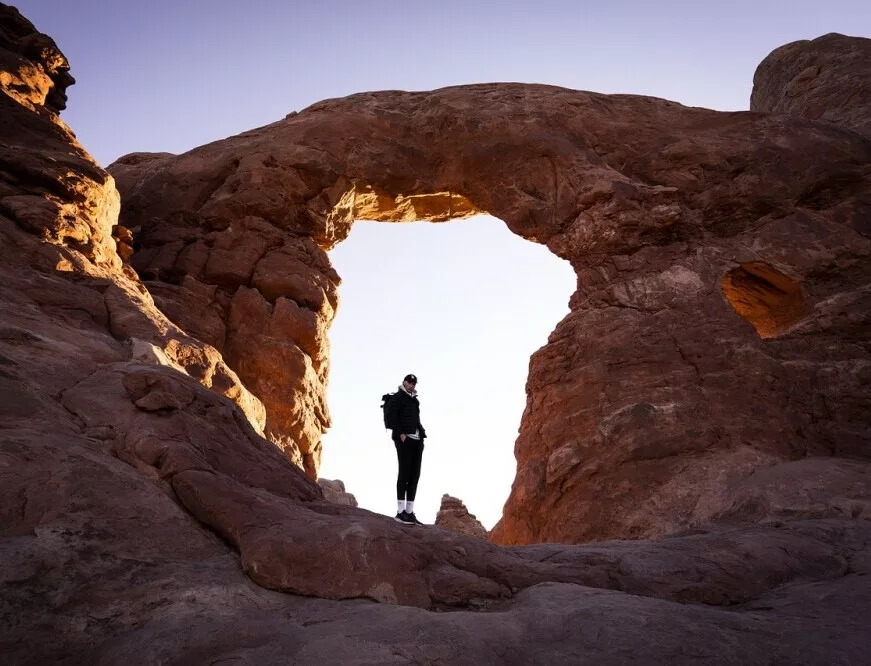Everything Beginner Backpackers Should Know
Starting backpacking can feel overwhelming due to the planning involved—gear, location, distance. The key is to take it slowly. My first trip out I was so nervous, and my stomach was fully of butterflies (my belly was queasy, for those of you that do not know the term). I made so many mistakes, and my first one was over packing. My second was spending way too much money on things I would rarely ever use. So, Rent, borrow, or find used gear to keep initial costs down. Learn from friends, books, and guides. The effort pays off with rewarding backcountry experiences that offer a sense of accomplishment and connection to nature.

Benefits of Backpacking
Backpacking connects you to the natural world, offering health benefits and the opportunity to build strong relationships. It boosts personal confidence and provides a sense of self-sufficiency. The simplicity of life on the trail, with just you and your surroundings, is incredibly fulfilling.
Guided vs. Independent Backpacking
Guided Trips
For beginners, guided backpacking trips are an excellent way to start. Guides share their knowledge and build your confidence, allowing you to focus on enjoying the experience without the stress of planning. Ensure you choose a reputable guide company; Wildland Trekking is highly recommended.
DIY Backpacking
If you enjoy planning and self-teaching, DIY backpacking might be for you. Utilize online resources, books, and advice from experienced friends. Start with friends who have backpacking experience to ease the learning curve.
Choosing a Backpacking Destination
Decide between a remote wilderness or a local forest. Use online resources, books, or consult experienced friends. State parks, federal land, or public land are great options.

Time of Year Considerations:
Deserts
- Spring and Fall: Ideal due to moderate temperatures.
- Summer: Avoid extreme heat.
- Winter: Solitude with cold temperatures and potential snow.
Mountains
- Spring: Unpredictable weather, potential snow.
- Summer: Best time, but watch for monsoon seasons.
- Fall: Beautiful foliage, but prepare for early snow/rain.
- Winter: Not recommended for beginners due to advanced skills needed.
Season-Specific Tips:
Mountains

- Spring: Prepare for snow; choose lower elevations.
- Summer: Be aware of thunderstorms; bring layers.
- Fall: Pleasant temperatures but ready for early snow/rain.
- Winter: Advanced skills needed; not for beginners.
Desert

- Spring: Perfect time with moderate temperatures and cold nights.
- Summer: Avoid extreme heat.
- Fall: Pleasant temperatures, short days, cold nights.
- Winter: Enjoy solitude with cold temperatures and potential snow.
Selecting a Trail
Choose a trail with low mileage and elevation gain, ideal for 1-2 night trips. Opt for familiar trails to focus on the new aspects of backpacking. Plan for a slower pace due to the heavier pack.
Conclusion
Backpacking is an enriching activity that connects you with nature and boosts your confidence. Start slowly, learn from others, and choose suitable trails and seasons for your adventures. Happy hiking!
By following these tips, you’ll be well on your way to a successful and enjoyable backpacking experience. Don’t forget to share your journey with others and inspire more people to discover the joys of backpacking.
** Here’s a little transparency. Our website contains affiliate links. This means if you click and purchase, we may receive a small commission. Don’t worry, there’s no extra cost to you. It is a simple way you can help support our mission to bring you quality content. **
(As an Amazon Associate, I earn from qualifying purchases)